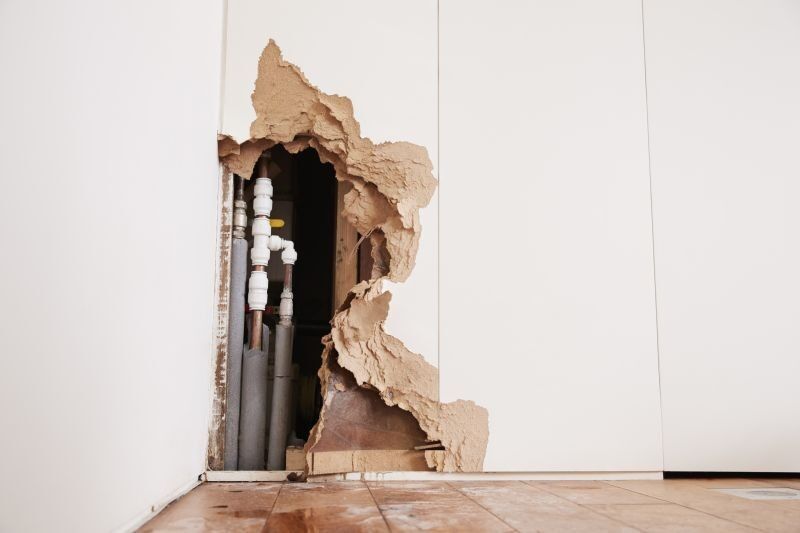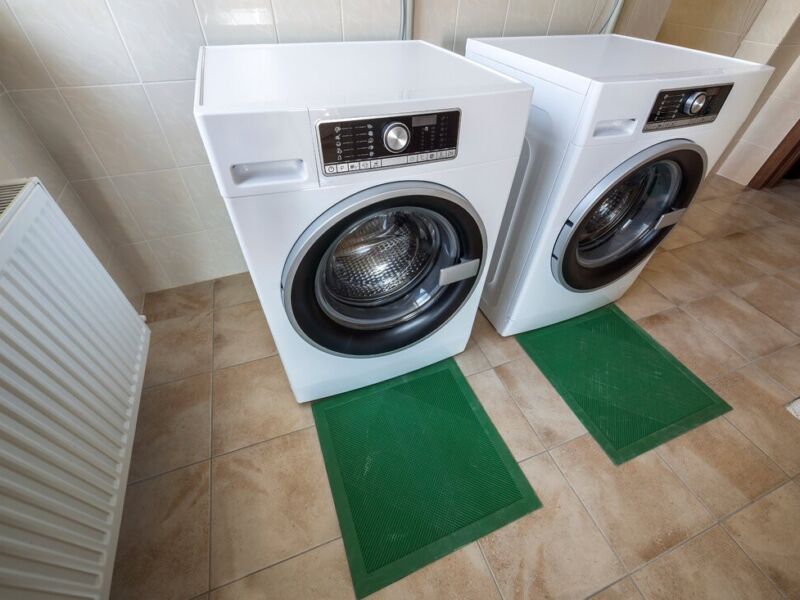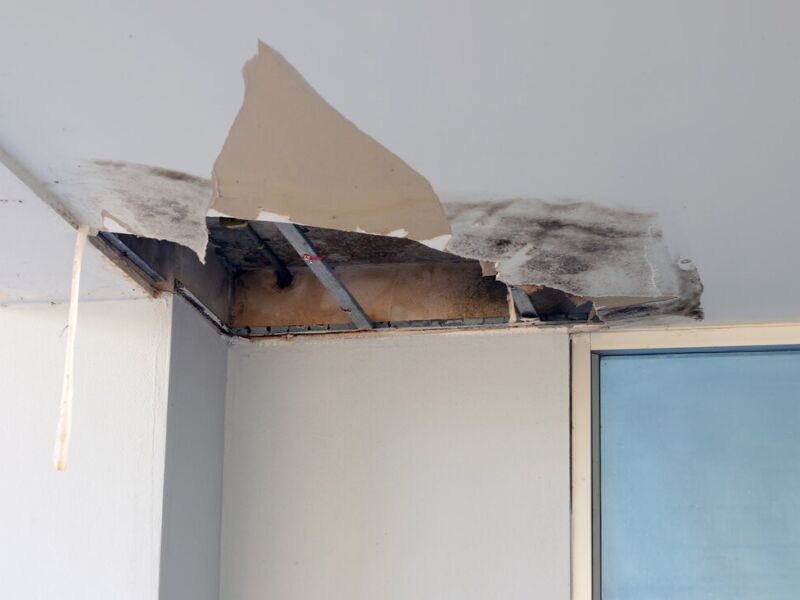
The Impact of Water Damage on HVAC Systems
Water damage can have severe consequences not only for a property but also for the HVAC (Heating, Ventilation, and Air Conditioning) systems in the affected area. HVAC systems play a crucial role in maintaining indoor air quality, controlling temperature, and ensuring comfort in homes and commercial buildings. When exposed to water damage, these systems can suffer from various issues that hinder their performance and pose a risk to occupants’ health and safety. In this article, we will explore the extensive damage water can cause to HVAC systems and emphasize the importance of immediate restoration.
1. Water Contamination

When water infiltrates an HVAC system, it can introduce contaminants such as dirt, debris, mold spores, and bacteria. These contaminants can accumulate in the system’s filters, ducts, coils, and other components, compromising the air quality and increasing the risk of respiratory problems for occupants. Additionally, if not addressed promptly, the contaminated water may cause further damage to the system and result in costly repairs or even replacement.
2. Equipment Corrosion
Water is a primary catalyst for corrosion, especially in metal components. When HVAC systems are exposed to water damage, the moisture can lead to corrosion in motors, electrical connections, coils, and other vital parts of the system. Corrosion weakens the structural integrity of these components and can eventually lead to system failure if not remedied in a timely manner.
3. Mold Growth
Moisture from water damage creates an ideal environment for mold growth within HVAC systems. Mold can thrive on various surfaces, including filters, ducts, coils, and insulation. As mold colonies grow, they release spores into the air, posing a significant health risk to occupants, particularly those with allergies, asthma, or other respiratory conditions. Mold remediation is essential to prevent the spread of mold and ensure the system operates safely.

4. Reduced Energy Efficiency
Water damage compromises the efficiency of HVAC systems and increases energy consumption. When components such as coils and filters become dirty or obstructed due to water damage, the system must work harder to achieve the desired temperature, resulting in higher energy bills. By restoring the system promptly, the energy efficiency can be restored, saving both money and resources.
5. System Malfunction
If water damage goes untreated, it can lead to severe system malfunctions or complete system failure. Water can damage electrical components, causing short circuits and electrical fires. Water can also disrupt the system’s mechanical parts, leading to motor failure, compressor damage, and other functional issues. To prevent costly repairs or replacements, prompt restoration is crucial.
Importance of Immediate Restoration
Given the potential risks and damage water can cause to HVAC systems, immediate restoration is essential. Here are a few reasons why:
1. Protecting Occupant Health
Immediate restoration mitigates the growth and spread of mold, bacteria, and other contaminants, ensuring the health and well-being of occupants. It minimizes the risk of respiratory problems and allergic reactions caused by poor indoor air quality.
2. Preserving HVAC System Performance
Restoring an HVAC system promptly prevents further damage and corrosion, preserving its efficiency and lifespan. By addressing the issue early on, costly repairs or replacements can be avoided.
3. Saving Energy and Money
Efficient HVAC systems result in lower energy consumption, translating to reduced utility bills. By restoring the system quickly, energy efficiency can be restored, resulting in long-term energy and cost savings.
4. Preventing Secondary Damage
Prompt restoration not only addresses immediate water damage but also prevents secondary damage, such as structural issues, electrical problems, and additional contamination. By taking immediate action, further complications and expenses can be avoided.
Overall, the impact of water damage on HVAC systems is significant and should not be underestimated. Water damage restoration professionals, such as Water Damage Restoration Pros of Las Vegas, offer comprehensive services to mitigate the effects of water damage on HVAC systems. In addition to HVAC restoration, these experts provide emergency water removal, flood damage repair, water cleanup services, and more. Contact Water Damage Restoration Pros of Las Vegas at 725-210-8500 for immediate assistance or visit their website at https://waterdamagerestorationproslasvegas.com/spring-valley-nv for more information.
What are the risks of not restoring water-damaged HVAC systems?
How can water-damaged HVAC systems impact occupant health?
What are the benefits of immediate restoration for water-damaged HVAC systems?
Sources:
- Water Damage Restoration Collection Articles
- The Best Water Damage Restoration Services of 2023
- Water Damage Restoration Vs. Water Mitigation
- Water and Flood Damage Cleanup Guide
- Best Water Damage Restoration Services of 2023
- Tips and Tricks for DIY Water Damage Cleanup
Important facts and statistics about water damage, water restoration, and flood cleanup:
- How Many Water Damage Claims are Made Each Year? – According to Water Damage Statistics (2023) – RubyHome.com, 10% of households will waste over 90 gallons of water each day through minor leaks and drips. Fixing these drips can represent an average of 10% savings on your water bill. Despite the clear benefits of prevention, water damage continues to be a significant problem, and homes in the United States leak over one trillion gallons of water every year.
- 3 Interesting Facts About Water Damage Kent Berame Dec 15, 2018 | Water Restoration | 3 comments Every homeowner’s worst nightmare is having to deal with the aftermath of a flood.
- After the flash flood, you require water damage restoration to prevent further damage.
- Moulds and Mildew Growth Increases with Delay in Flood Restoration As flooding incurs inside your premises, mold and mildew growth can start within 24 hours.
- The cost to handle water damage repairs can vary.
- It doesn’t really matter where it originated from; it still damaged your home, and it still has to be cleaned up.
- Fact @@: The First 24 to 48 Hours Are Critical – If your home is flooded, the first 24 to 48 hours are critical because this is all the time mold and other microorganisms need to begin growing and thriving.
For more information on water damage restoration, you can visit the following websites:
- https://www.bmscat.com/category/water-damage-restoration/
- https://waterdamagerestorationproslasvegas.com/about-us/
- https://waterdamagerestorationproslasvegas.com/services/
- https://waterdamagerestorationproslasvegas.com/water-damage-repair/
- https://waterdamagerestorationproslasvegas.com/fire-damage-repair/
- https://waterdamagerestorationproslasvegas.com/mold-removal/
- https://waterdamagerestorationproslasvegas.com/flood-damage/
- https://waterdamagerestorationproslasvegas.com/reconstruction-restoration/
- https://waterdamagerestorationproslasvegas.com/decontamination-and-disinfection/
- https://waterdamagerestorationproslasvegas.com/smoke-damage-removal/
- https://waterdamagerestorationproslasvegas.com/commercial-cleaning-and-restoration/
- https://waterdamagerestorationproslasvegas.com/spring-valley-nv/#
- https://waterdamagerestorationproslasvegas.com/spring-valley-nv/
- https://waterdamagerestorationproslasvegas.com/blogs/
- https://waterdamagerestorationproslasvegas.com/contact-us/
- https://waterdamagerestorationproslasvegas.com/about-us/
- https://waterdamagerestorationproslasvegas.com/services/
- https://waterdamagerestorationproslasvegas.com/water-damage-repair/
- https://waterdamagerestorationproslasvegas.com/fire-damage-repair/
- https://waterdamagerestorationproslasvegas.com/basement-water-damage-restoration-restoring-safety-and-preventing-future-damage-nearby-centennial/


